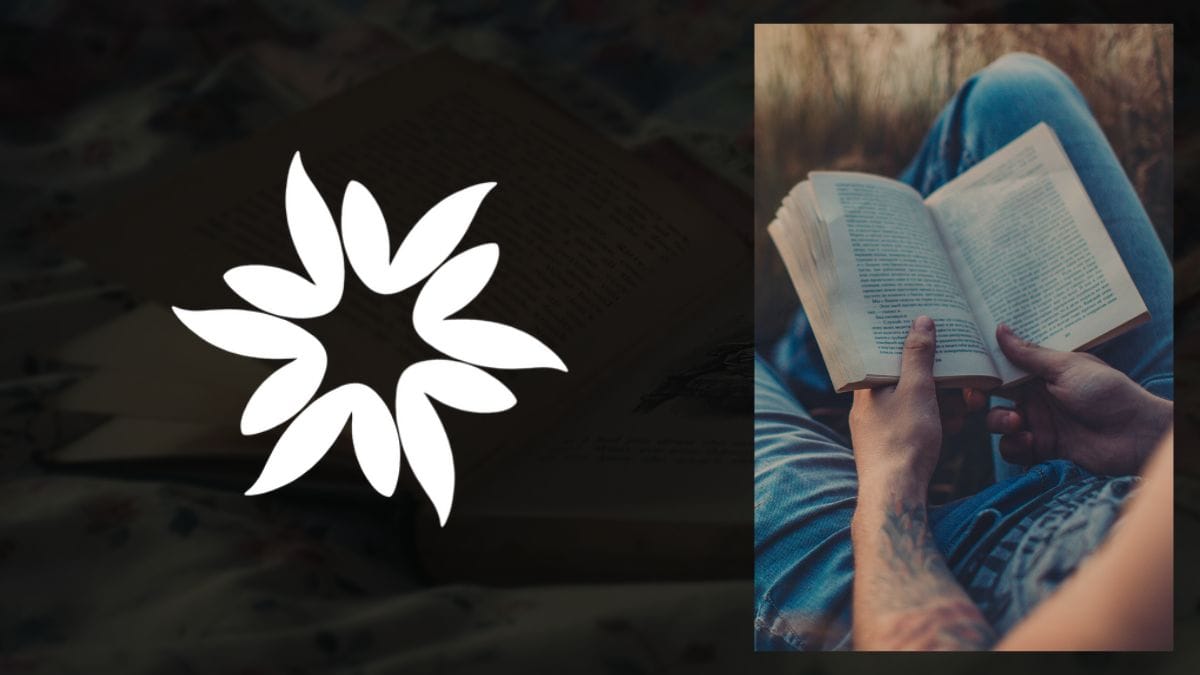
Bildungsroman novels, a genre that intricately explores the growth from youth to adulthood, have been one of the go-to options for many readers throughout the years.
If you’re curious about learning more about this genre, we’ve got you covered! Dive into classic and modern examples, understand key characteristics, and see why these narratives remain impactful to this day.
What Is a Bildungsroman?
A Bildungsroman is a literary genre that focuses on the psychological and moral growth of the protagonist from childhood to adulthood.
This genre, also known as a “coming-of-age” novel, delves into the protagonist’s journey towards maturity, often through a quest for identity amidst the trials and tribulations of life.
The term originates from the German words for “formation” and “novel” and was first coined by Johann Karl Simon Morgenstern in the early 19th century.
Key Characteristics of Bildungsroman Novels
Bildungsroman novels typically begin with a loss or trauma that disrupts the young protagonist’s life, pushing them toward self-discovery and personal development.
The narrative structure often follows the protagonist’s emotional, spiritual, and sometimes physical journey, reflecting their internal and external societal conflicts.
These stories generally conclude with the protagonist achieving a degree of personal insight and integration into society.
Classic Examples of Bildungsroman Novels
- To Kill a Mockingbird by Harper Lee: Set in the early 1930s, this book shows young Scout Finch as she grows up in a Southern American town filled with racial prejudice and complicated morals.
- Jane Eyre by Charlotte Brontë: This story follows Jane Eyre, an orphan in England, as she becomes a strong, independent woman facing challenges in love, society, and her own identity.
- The Catcher in the Rye by J.D. Salinger: Focusing on a few crucial days in the life of sixteen-year-old Holden Caulfield, this coming-of-age story explores Holden’s sense of being an outsider and his steps toward understanding himself.
- Great Expectations by Charles Dickens: This novel tells about Pip, an orphan in England, and his growth in understanding the adult world’s truths.
- The Adventures of Huckleberry Finn by Mark Twain: Huck’s journey down the Mississippi River exposes him to ideas about freedom, friendship, and the norms of society.
- The Color Purple by Alice Walker: Set in the early 20th century American South, this story follows Celie as she grows and finds her voice and identity despite severe oppression.
- A Portrait of the Artist as a Young Man by James Joyce: This book profoundly explores Stephen Dedalus’s early life as he wrestles with religious and intellectual issues on his path to self-discovery.
- The Perks of Being a Wallflower by Stephen Chbosky: Through letters from Charlie, a shy teenager, this novel dives into the challenges of adolescence, including love, loss, and mental health.
- Pride and Prejudice by Jane Austen: Though mainly a romance, Pride and Prejudice also shows Elizabeth Bennet’s emotional growth and her experiences with morality, manners, and marriage in English society.
- Dune by Frank Herbert: Dune primarily unfolds as a science fiction saga, tracing the journey of young Paul Atreides as he transitions from a naive young boy to becoming a prophetic leader in a universe filled with politics and spirituality.
Modern Takes on the Genre
Contemporary literature continues to expand on the Bildungsroman by exploring diverse themes and settings.
For instance, Normal People by Sally Rooney portrays the complexities of modern relationships through the intimate connection between two Irish teenagers as they transition to adulthood.
Similarly, The Perks of Being a Wallflower by Stephen Chbosky offers a poignant look at adolescent angst and the quest for belonging in the format of personal letters written by the protagonist, Charlie.
Why Read Bildungsroman Novels?
Reading Bildungsroman novels helps us understand common experiences of growing up, making them deeply relatable.
These stories often comfort us, inspire us, or reflect our life challenges. They remind us how resilient people can be and show the ongoing journey toward learning more about ourselves and being true to who we are.
The Everlasting Impact of the Bildungsroman Genre
The Bildungsroman genre is an important and growing area of literature that deeply explores the emotional growth of its main characters.
It offers us a way to see our own lives and the society at large through the stories it tells, which is why many people and literature experts value this genre.
There are many modern coming-of-age stories that further delve into deeper themes, ensuring the genre’s enduring relevance and resonance with a new age of readers.
